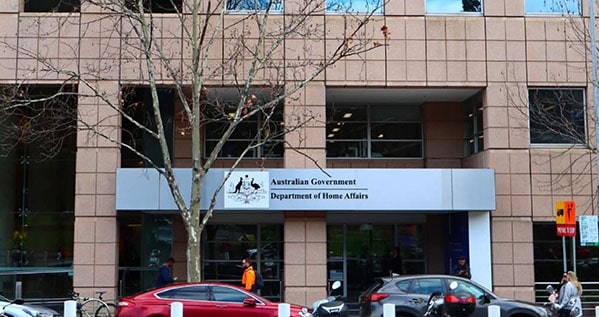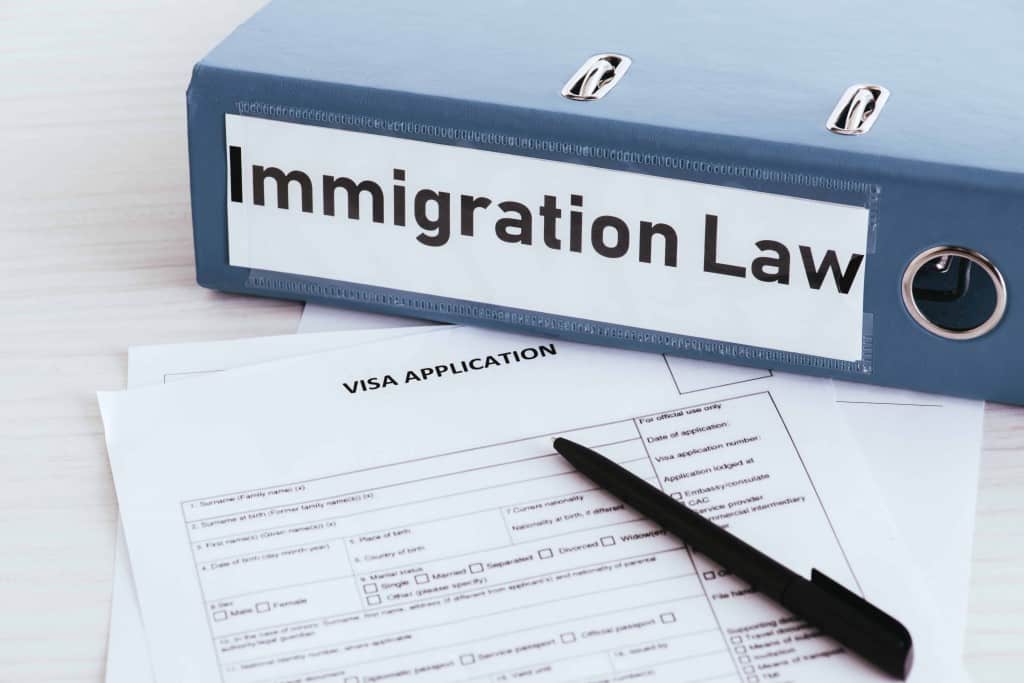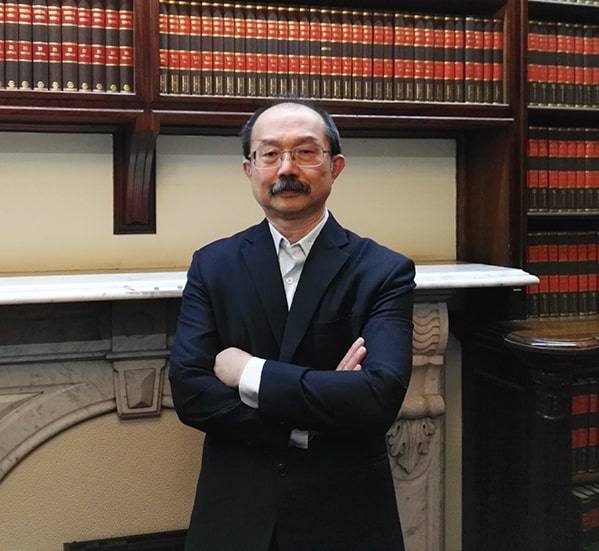Global Talent Independent Visa (GTI) is created especially to attract highly skilled people wanting to live and work permanently in Australia. This scheme is also known as the Global Talent Initiative.

Department of Home Affairs is responsible for identify and recruit Global Talent Independent applicants
The Department of Home Affairs (Department of Immigration) is responsible for identifying and recruiting applicants for the Global Talent Independent visa. The Department has allocated a significant number of GTI visas annually for high calibre people at the top of their field. This program is designed to strengthen Australia’s ability to compete globally and to grown Australia businesses of the future.
The Department’s Global Talent Officers work with Australian universities, industry bodies, and state and territory government to identify highly skilled people around the world to invite them to apply for the Global Talent Independent (GTI) Visa. These officers are located in Berlin, Dubai, Santiago, Shanghai, Singapore, and Washington DC working across a number of countries in their respective region.
How to apply?

How do I apply?
You cannot apply for this visa unless you have been referred by a Global Talent Officer or an organisation with a national reputation in your field. If you are referred, the Department of Immigration may invite you to apply for a Distinguished Talent Subclass 124 (currently merged with Subclass 858) or Subclass 858 visa under the Global Talent Independent program (click here to learn more about Subclass 124 and Subclass 858 visa).
To start the Global Talent Independent or GTI visa, you will need to:
- lodge an EoI
- provide your passport
- provide your nominator’s details, including passport
- complete Form 1000
- provide evidence of your employment, salary, qualifications, internationally recognised record of exceptional and outstanding achievement in your field
To be eligible, you must be highly skilled and internationally recognised in one of the seven target sectors and has the ability to earn the Fair Work High Income Threshold or FWHIT currently set at $158,500 (current for FY 2021-2022; adjusted annually). In assessing whether you are likely to have the ability to meet this salary threshold, the Department will consider your current salary or potential job offers or recent PhD or Masters graduates in the below target sectors (current for FY 2021-2022; may change without notice):
- Resources, for eg, engineering, geology, metallurgy, waste management, energy saving technology and extraction and processing
- AgTech and Ag-food, for eg, seed technology, nanomaterials, biofuels, supply chain and packaging, and wearable technologies
- Energy, for eg, clean energy, resource robotics, computational metallurgy, geostatistics, benefication, battery or energy storage
- Health industries, for eg. Medical and biomedical technology, pharmaceutical and vaccine research and development, IT biochemistry, digital health, implantables and wearable devices, and genomics
- Defence, advanced manufacturing and space, for eg, astrodynamics, satellite systems, rocket and avionics systems, urban mobility, military equipment acquisition and sustainment, automation and robotics, nano-manufacturing, and sustainable manufacturing and life-cycle engineering
- Circular economy, for eg, bioenergy, sustainable production, recycling, waste treatment, waste to energy technology, emissions technology, and ecologically sustainable manufacturing
- DigiTech, for eg, quantum computing, cyber security, AI, blockchain, IoT, big data, disruptive technology, smart cities, machine learning, network engineering, and cloud computing
- Infrastructure and tourism, for eg. travel and tourism infrastructure, water infrastructure, energy infrastructure, and regional development.
- Financial services and FinTech, for eg, neobanking, payment systems, wealth and regtech, and blockchain.
- Education, for eg, cutting edge skills in emerging fields of the industry, developing advanced educational systems and curricula, improving the education infrastructure, and digital data and eResearch platforms
To be nominated for a GTI visa, you must:
- be internationally recognised and have evidence of outstanding achievements in your field of expertise
- still be prominent in your field
- demonstrate that you would be an asset to Australia in your area of expertise
- not have difficulty in securing employment or becoming established in your field
- be holding senior roles in your area of expertise
- have patents registered in your name
- have professional awards given to you for your area of expertise
- have published papers internationally
- have membership to organisations in your field
You will also need to be endorsed by a nominator who is an eligible Australian citizen or permanent resident or an eligible NZ citizen or an Australian organisation that has a national reputation in the same field as you.
The Department of Home Affairs when assessing whether you are likely to have the ability to meet the FWHIT salary threshold will consider you current salary or future job offers. The Department will also consider whether you have a higher degree, for eg, a Master or PhD in one of the above sectors.
In addition, you must also be able to meet the Distinguished Talent visa criteria for a visa to be granted. If you are in Australia when you apply for this visa, you may be granted a bridging visa to allow you to stay in the country until your application is finalised (click here to learn more about bridging visa).
If you are selected, you will be provided with a unique identifier which give you priority processing of a Distinguished Talent visa.
Australian migration law is complex and difficult to understand, contact our immigration lawyer for a consultation (fee applies) to help you decide if this is the right visa for you or with your application. Click here to search other visas that may be suitable for your circumstances.

 041 222 4020 or WeChat: AUDvisa
041 222 4020 or WeChat: AUDvisa
This article is not intended to be or taken as migration legal advice. The author of this article disclaims any liability for any action or omission on the information provided or not provided in this article. You should always consult a migration lawyer or a registered migration agent to form an informed opinion on your immigration matter.



